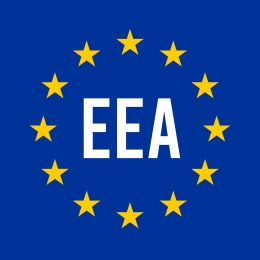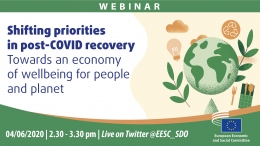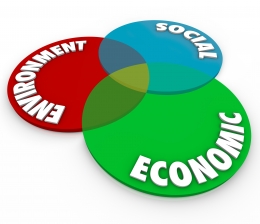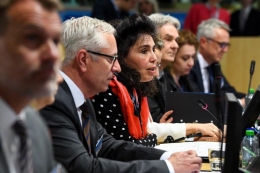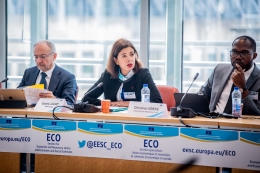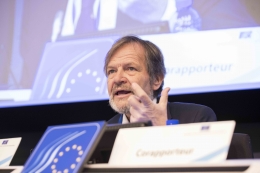European Economic
and Social Committee
Spațiul Economic European
Spațiul Economic European (SEE) reunește statele membre ale UE și cele trei state AELS care sunt membre ale SEE (Islanda, Liechtenstein și Norvegia) într-o piață internă reglementată de aceleași norme de bază. Obiectivul lor este de a permite ca bunurile, serviciile, capitalul și persoanele să circule liber în SEE, într-un mediu concurențial și deschis. Acordul privind Spațiul Economic European a intrat în vigoare la 1 ianuarie 1994.
Comitetul consultativ al Spațiului Economic European (CCSEE) face parte din Acordul privind SEE (articolul 96) și a fost înființat în 1994.

